13 Reasons Why depicts graphic scenes that can be hard to watch, most maybe harder for adults who are wondering if this really what high school is like. All I can say is I don't know anymore. I grew up with AOL Instant Messenger, which means I would talk to one person at a time. I can't imagine what it's like being a teenager and everyone seeing almost every interaction you have at all times.
Schools across the country are warning parents about this show. The National Association of School Psychologists warns the series glorifies teenage suicide and depicts instances of assault, underage drinking, driving under the influence, and body shaming that may be too much for “vulnerable youth." They say that when death is sensationalized like this it can lead to imitation, especially for those suffering from mental health conditions. And the fact that Hannah's death occurs on-screen has some worrying the show may function as a how-to manual. But is banning a teen from watching really the answer? In most cases, it just makes them want to do it more. So what can you do when the means to see it is so accessible and literally everyone else is doing it? I think you sit your ass down right next to them and watch it with them.
Should a school be showing a series like this? Absolutely not. In order to get the whole idea of how Hannah's experience goes from bad to worse to what felt like inescapable, you have to watch the whole thing, and I would think that schools would have something more to do than devote 13 hours to a television series. Perhaps a school could benefit from watching a select few scenes in this series and then having a discussion about the largest themes, but overall, teenage viewers of the series need close supervision.
Beyond the graphic nature of the show, the real concern about 13 Reasons Why is the premise itself, in that it plays as a revenge fantasy. The show does address her parents and Clay hurting in Hannah's absence but their suffering gets lost in the search for "justice," which of course can never really come. Hannah envisions the tapes as a way to get back at the people who hurt her. But even if that is her plan she would never see it come to fruition, and the show doesn't hammer that point home enough, especially for a young audience for whom, psychological studies show, the permanence of death is hard to grasp. In real life, no ghost-Hannah can appear to see her schoolmates suffer, nor ask them why they didn't do more to help her when she was alive. Nor does the show ever deal with Hannah's likely clinic depression, questions of brain chemistry or any issues of mental illness which is, in fact, the leading risk factor for suicide according to the American Psychological Association. Even if in the moment Hannah herself truly believed 13 incidents built up to make her life unlivable, the show could have helped viewers see around that line of thinking, and it definitely does not. In the last episode when Hannah goes to speak to her school counselor, the show even ends up suggesting (intentionally or not) that it's not worth trying to get help from an adult.
The show is very dark at times, and Hannah's actual suicide is extremely graphic and difficult to watch. It would be easy to say 'Oh my God,' cover your eyes, and turn it off, or tell your kids you don't want them watching this show. But in reality that is just not how Wi-Fi and phones work. Telling them that the series is too much for them to handle is like begging them to watch it. So the only thing left to so is to sit there for all 13 hours and make sure they're not watching it alone. These ideas are out there and aren't going away anytime soon, especially now that it looks like the series is getting a second season. Imperfectly or not, Netflix has given you an opportunity to deal with a difficult issue head on, to have a discussion that maybe you wouldn't have otherwise. I say take advantage of it.
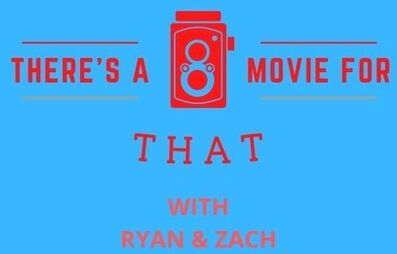
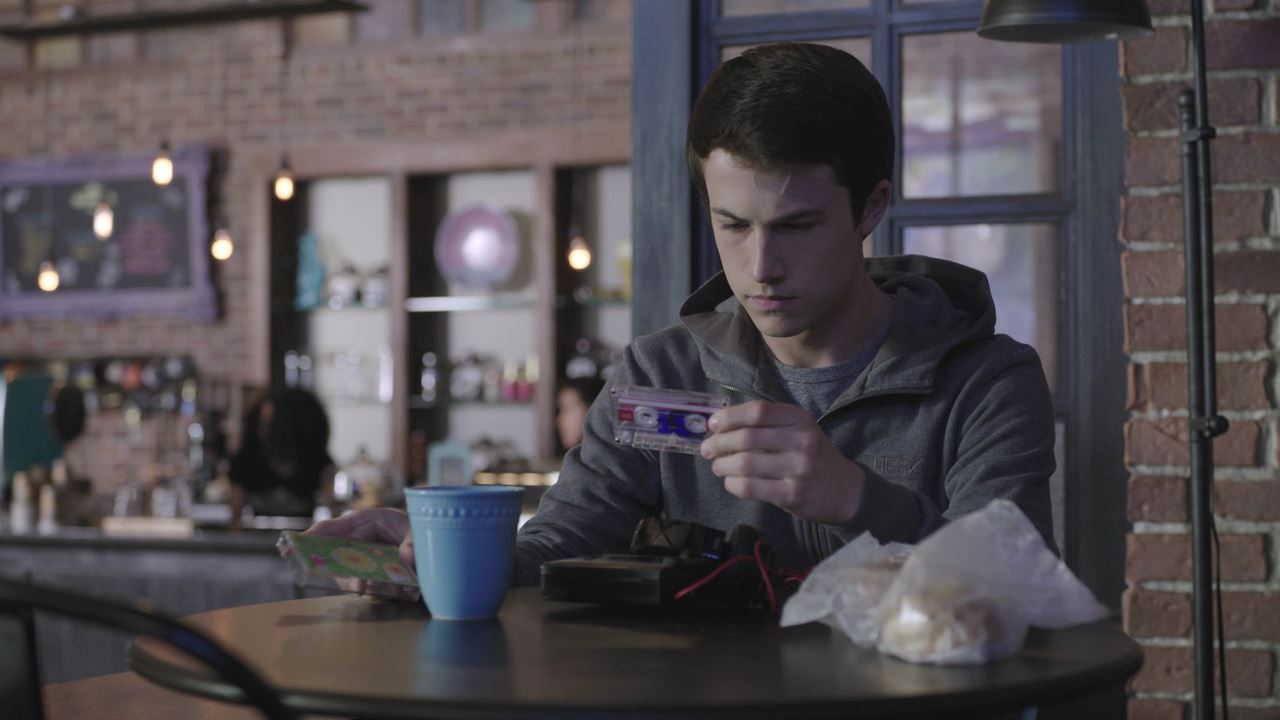
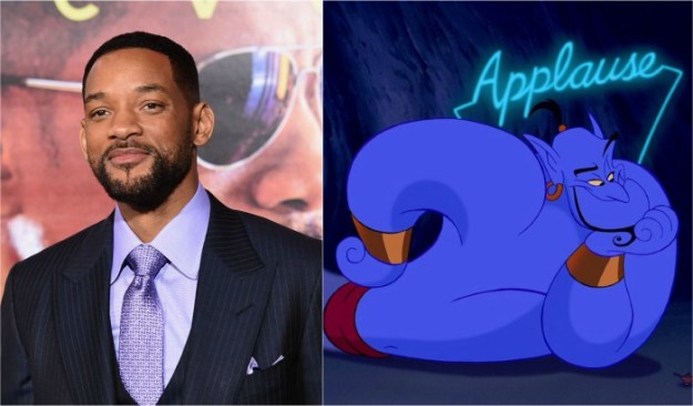
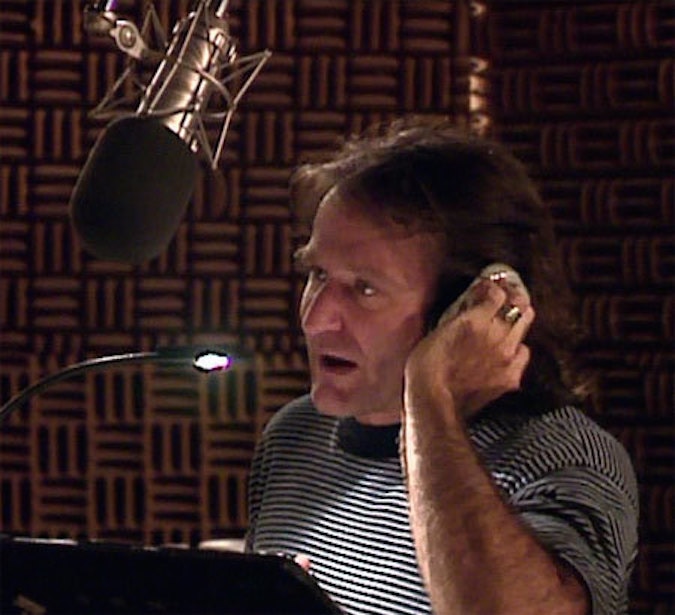
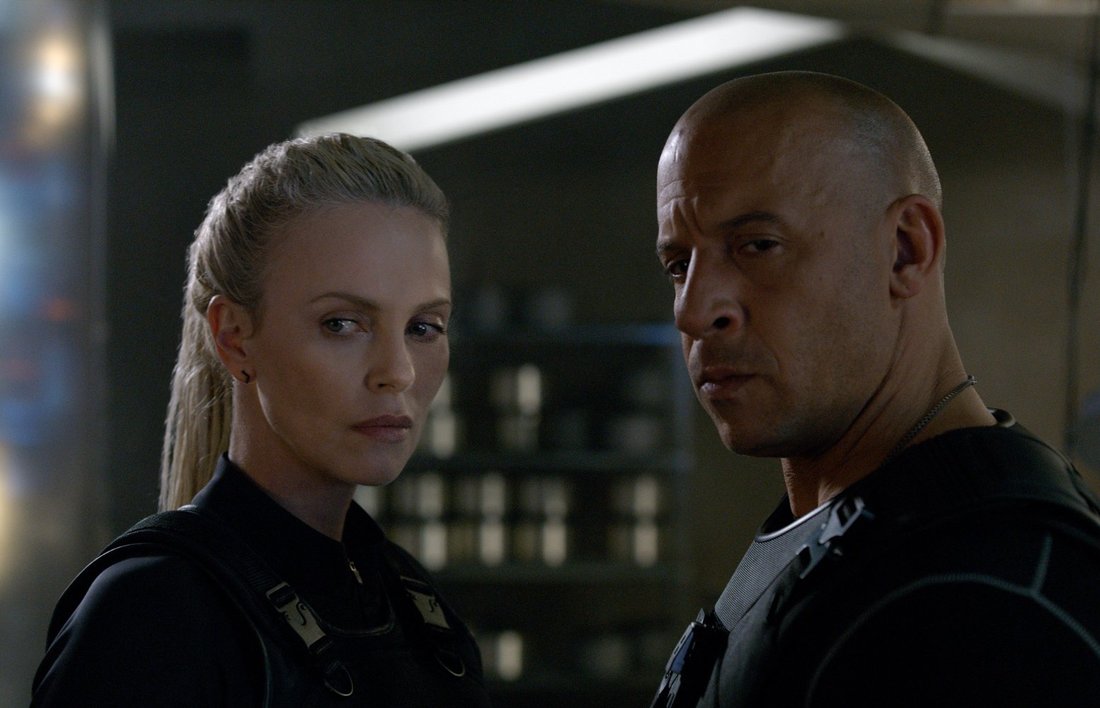
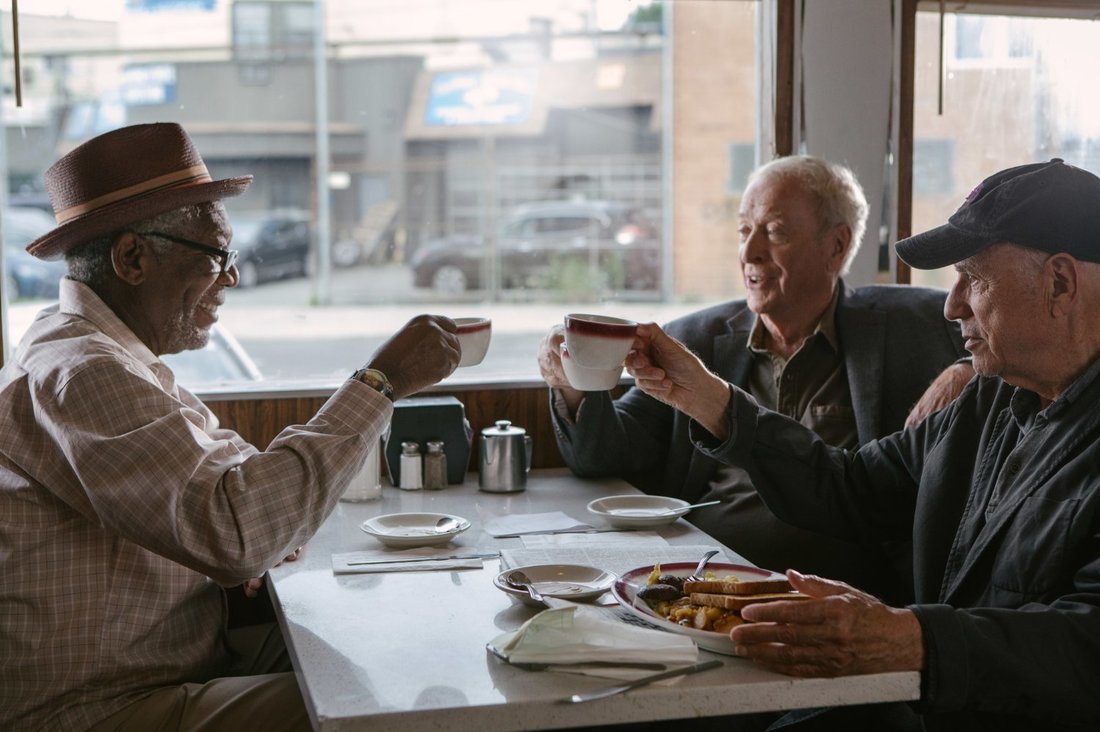
 RSS Feed
RSS Feed
